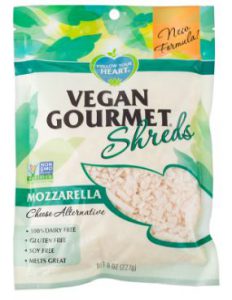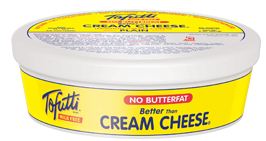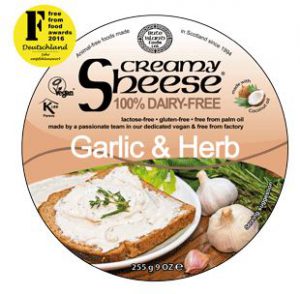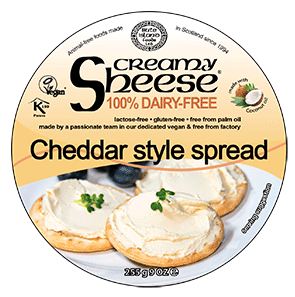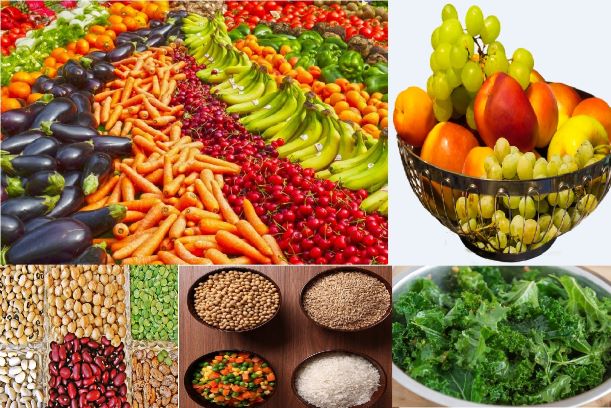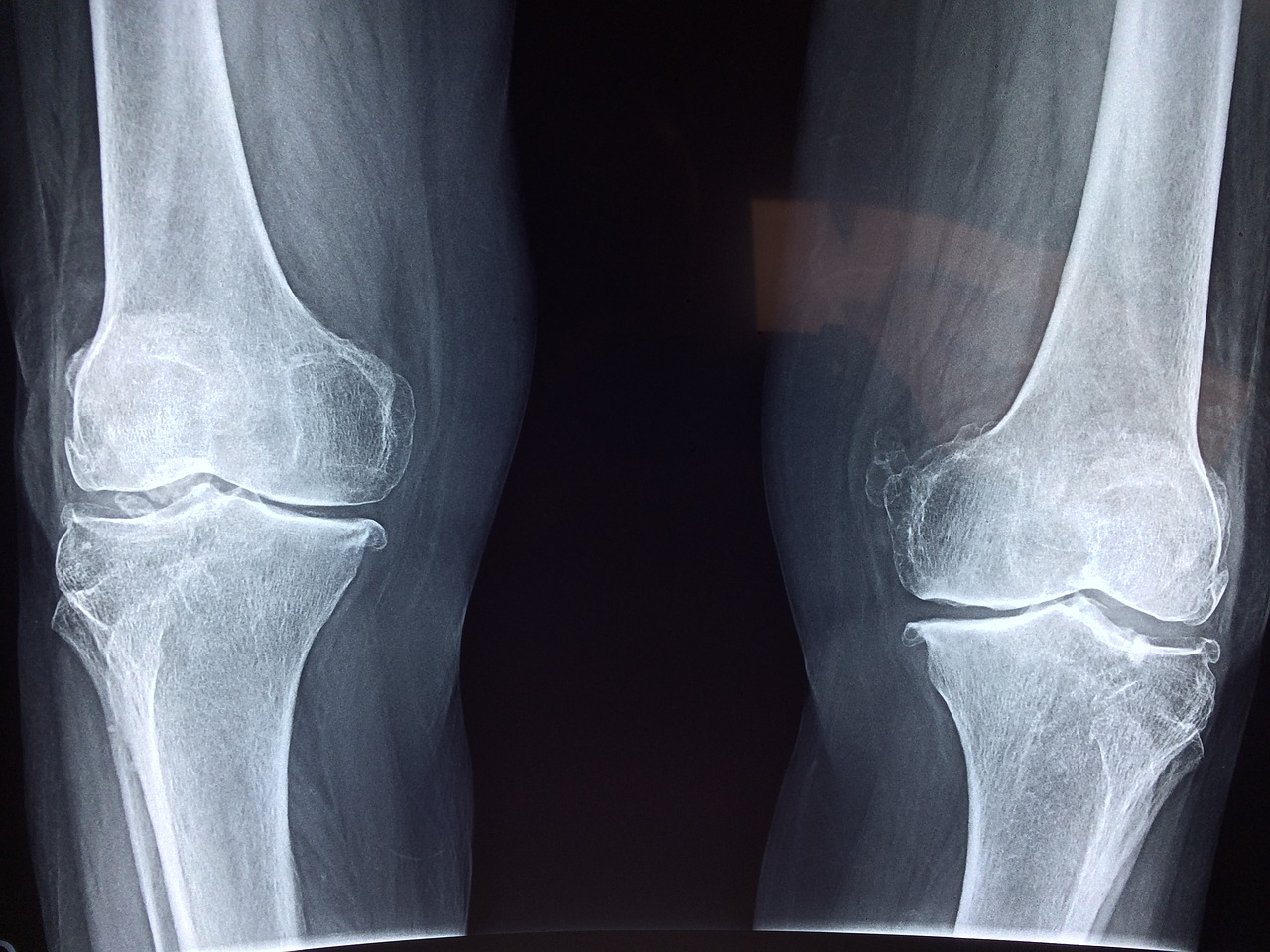
Story Background
As the world’s largest exporter of red meat, Brazil’s alarming ‘rotten meat scandal’ rocked headlines and turned stomachs the world over in March 2017.
Even if you were totally unaware of the ban, Brazil export meat products to so many countries that you may have been affected without even knowing it.
So what made meat importers like the European Union, Japan, Switzerland, China, Mexico, Hong Kong, Chile, and Egypt place a flat out ban on the import of meat products from Brazil, during this period?
What forced the Brazilian government to order the immediate shutdown of three plants and suspend export licenses for another 21 meat packing plants following the Brazil meat scandal? How did they get away with it, and for how long? And perhaps more importantly, how can we as consumers protect ourselves?
The Issue

The investigators, in this case, uncovered some very worrying cases of bribery and corruption within the country’s meat exports market —alleging that managers bribed both health inspectors and politicians to help keep the malpractices under wraps.
Meat which was either rotten or even tainted with salmonella was allowed to pass through as quality certified, simply bypassing inspections and ignoring other abuses altogether. The investigators leveled these accusations against more than 30 companies which they found guilty of unhygienic practices.
Worryingly, police made statements about the use of acids and other chemicals to mask the quality or appearance of the meat and were even found some to be carcinogenic. In the case of poultry products, it was found that potato and even bits of cardboard were added to chicken meat in an attempt to boost profits as per investigation.
Among the companies raided in the Brazil meat scandal were two of the country’s largest meat producers and exporters—JBS and BRF. BRF is one of the world’s largest poultry exporters, and JBS is by sales the largest meat processing company in the world.
Startling to say the least that these kinds of practices would be commonplace in such enormous corporates, having millions of people’s health in their hands. These two companies combined are responsible for the slaughter of about 4 billion birds each year.
While the allegations only surfaced in March of 2017, they were the result of a probe which had been carried out over two years into allegations that health inspectors were receiving bribes to overlook certain practices and standards.
These practices include, processing of rotten meat, allowing exports to ship out with traces of salmonella, or failure to inspect plants in the first place.
How long these practices have actually been commonplace is a question yet to be answered.
The Bigger Picture
In an effort to manage panic after the scandal, Brazilian President Michel Temer invited 19 ambassadors to eat at a popular steakhouse hours after the news broke. He was attempting to send out a message that the country’s meat was safe to eat; but one wonders whether that could placate everyone else quite so easily, especially when it affects so many countries besides Brazil.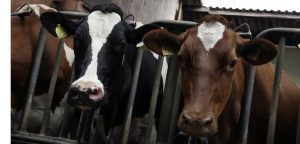
Rather we should take this as a strong motivation to question the meat and dairy systems worldwide. It’s no secret that outbreaks of Salmonella, E. coli, Listeria, Bird & Swine Flu, and even Mad Cow Disease worldwide are linked with industrialized factory farming.
The unsanitary conditions and the abuse inflicted on animals in these operations have come back to bite us again and again. Everything considered the deep-rooted systemic issue with the global meat & dairy industry is quite evident.
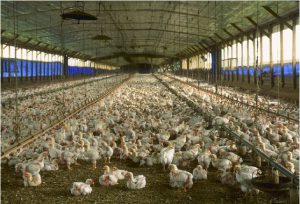
And it is not just human health which is at stake—entire ecosystems and the planet as a whole are adversely affected. According to an expose by the environmental group Mighty Earth, 200 million hectares of rainforest in Brazil and Bolivia are destroyed annually.
This is purely for the purpose of producing feed for the cattle which eventually make their way to Western plates and fast food restaurants. At the rate at which this type of food production is being carried out and the enormous environmental damage, no doubt about the hefty price we will have to pay.
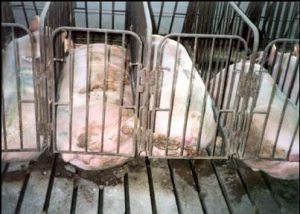
The real underlying problem here is that to reach that scale it is now at, the international meat industry has been based on a common commercial principle, providing maximum supply at the lowest cost possible. Translated into real terms, this means the slaughtering of many animals as possible at the lowest cost.
The innocent animals and people’s health are at the receiving end of this sinister mission. Animals are considered mere property, keeping them in high-density confinement, often in conditions which are contaminated with urine and fecal matter which provide an ideal breeding ground for countless pathogens.
Another Issue Uncovered
In a completely separate investigation (within one week after the meat scandal), the very same Brazilian meat corporations found themselves accused of violating their agreement to protect the Amazon from deforestation. They were charged with purchasing cattle from lands which had been illegally deforested.
IBAMA, the Brazilian Environmental Protection Agency, was forced to embargo two meatpacking plants of JBS  along with thirteen other companies which bought cattle from areas which had been deforested illegally.
along with thirteen other companies which bought cattle from areas which had been deforested illegally.
Their involvement in this purchase sets them in violation of the Terms of Adjustment and Conduct they signed, in which they had officially agreed not to make such purchases from rural properties in areas which had been embargoed.
Despite such agreements and worldwide outcry, deforestation for the purpose of livestock ranching continues to be the main activity behind the destruction of the Amazon rainforest, with 65% of the land currently lost going to such activities. Data from satellite measurements by the National Space Research Institute shows that this is indeed the case.
What Hope Do We Have?
So what are we to learn from the Brazil meat scandal? How can we sitting in our homes hope to have any effect at all? Here’s where the silver lining comes in! There was one association which got a real buzz, since the Brazilian meat scandal—The Brazilian Vegetarian Society. After the news broke, searches for their 21-day meatless program increased dramatically, and it doesn’t stop there!
Following the scandal, sales of kebabs, skewers, and burgers made of mushrooms rose. In Rio, chickpeas, and quinoa are sold rapidly by a new vegan business as well. The new bestseller? A jackfruit snack that closely resembles a popular Brazilian appetizer, offering buyers a meaty snack without the meat & risks.
While it is reported that almost 15.2 million Brazilians were already vegetarian or vegan, encouragingly it seems like more people consider adopting a plant-based diet. This rising trend is promising and something to look forward to.
Now if you do eat meat, the Brazilian scandal makes it clear! For mega-corporations, meat produced without harming nature & biodiversity, with no use of hormones & antibiotics, with no genetically-engineered feed, seem to concern the least let alone animals rights! Profits have mattered to them even at the risk of human health.
Final Thoughts
The desires of consumers are changing. As access to information becomes a right that we expect, we are starting to demand greater transparency from the companies that provide our food! It is becoming increasingly clear that transparency and change are not going to be forthcoming from the animal agriculture industry.
This was further illustrated recently in the findings of the conservation group Oceana, highlighting similar fraud in the global fish industry. While we may choose to continue to ignore the distasteful practices of these industries, animals are suffering in often unspeakable conditions on our watch.
The really inspiring fact, however, is that each and every one of us has the ability to choose a lifestyle which is less destructive. Together, we have the power to create a new normal, a new and more sustainable way of eating and living.
Even if you don’t give up meat, eggs, and dairy entirely, by adopting a diet richer in plant foods, you’re sending a message loud & clear to an industry which thinks they can get away with whatever they want, while certainly improving your health in the process too.
With more consumer demand, more meat alternatives are available every day, and with the bounty of options given to us by nature in the form of healthy vegetables, fruits, nuts and seeds, and whatever takes your fancy, your options are endless.
 At the end of the day, the responsibility lies with each of us. We all have the power to be part of the solution, reducing and maybe even ultimately eliminating demand for an industry that tortures animals, filled with deception and destroys the environment.
At the end of the day, the responsibility lies with each of us. We all have the power to be part of the solution, reducing and maybe even ultimately eliminating demand for an industry that tortures animals, filled with deception and destroys the environment.
We can make scandals such as these, a thing of the past if we join forces to make better choices, make ourselves accountable, and create compliments instead of scandals, of a better planet!


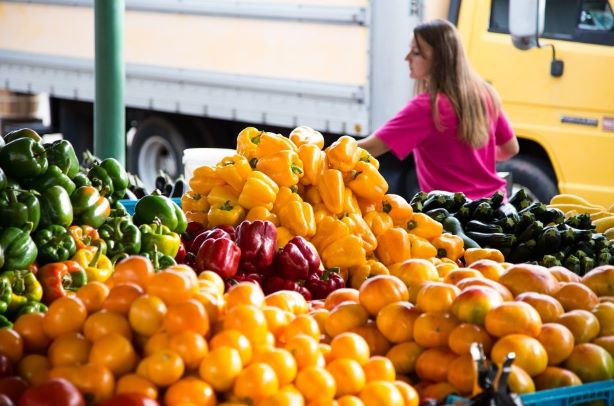
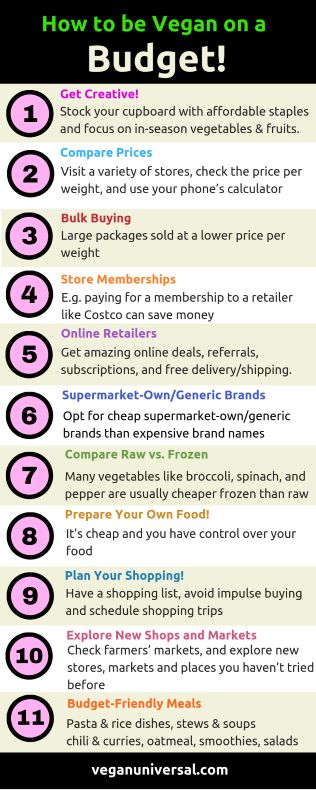
 Essentially, vegan cheese which is part of cheese analog is any plant-based substitute for dairy cheese.
Essentially, vegan cheese which is part of cheese analog is any plant-based substitute for dairy cheese.

 Some of the most common nuts used to make vegan cheese are cashews, macadamias, and brazil nuts. These cheeses tend to spread very well and often used as a topping for bread, crackers, and vegetables. Nut cheeses are usually an excellent source of calcium, potassium and phosphorous, and also contain healthy fats, iron, and antioxidants.
Some of the most common nuts used to make vegan cheese are cashews, macadamias, and brazil nuts. These cheeses tend to spread very well and often used as a topping for bread, crackers, and vegetables. Nut cheeses are usually an excellent source of calcium, potassium and phosphorous, and also contain healthy fats, iron, and antioxidants.
